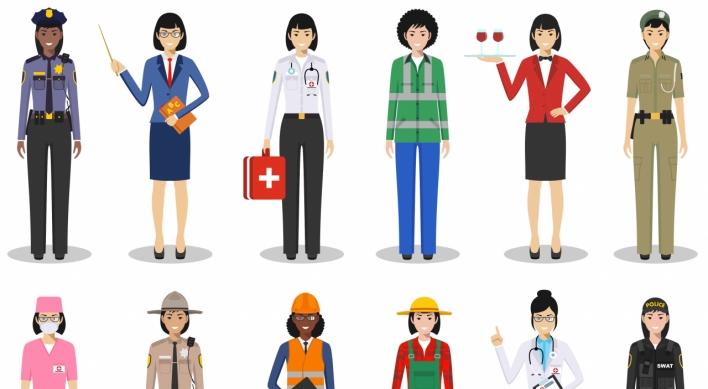
A local court on Friday ordered Mitsubishi Heavy Industries Ltd. to compensate five former Korean employees who were forced into hard labor during Japan’s colonial rule.
The Gwangju District Court ruled that the engineering and aviation giant should provide each of four complainants, including 82-year-old Yang Kum-duk, with 150 million won ($141,000) and the family of a deceased laborer with 80 million won in overdue salary and other damages.
The ruling marks the third victory for former conscripted Korean laborers since they started litigation in the mid-1990s here and in Japan.
The five claimants had lost a 1999 case against Mitsubishi and the Japanese government.
“I convey my condolences, belatedly delivering this verdict when 68 years have passed since the Republic of Korea was liberated and the plaintiffs’ ages are over 80,” said the judge, Lee Jong-kwang.
“With this ruling, I hope you spend the rest of life without suffering from injustice and pain.”
In July, the Seoul High Court also ordered Nippon Steel & Sumitomo Metal Corp. (previously Nippon Steel Corp.) to pay four former workers 100 million won each in back wages and additional damages.
Later that month, an appellate court ordered Mitsubishi to compensate the families of five former Korean employees with 80 million won in overdue salary and other damages.
Another group of four filed a separate case against the steel giant in Seoul in 2005 after losing a 1997 suit in Japan.
They claimed to have been exposed to life-threatening conditions and suffered from the aftereffects of mistreatment, including radiation-related illnesses after the atomic bombing by the U.S. in 1945.
But lower and appellate courts dismissed both cases, citing the Japanese rulings, a change in the enterprises’ corporate structure, and the expiration of the statute of limitations.
In a milestone decision, the Supreme Court overturned the verdicts and sent the case back to the high courts in May 2012, calling the Japanese ruling a “direct challenge to the core values of the Korean Constitution that regards forcible mobilization during the occupation as illegal in itself.”
The top court for the first time acknowledged the former laborers’ individual right to seek compensation, rejecting the firm’s assertion that it was nullified by a 1965 settlement between the two countries on wartime claims.
According to the Prime Minister’s Office, almost 227,000 Koreans have reported their forced labor in Japan.
But some scholars project that the number of Koreans put into forced labor between April 1938 and Korea’s liberation in August 1945 may have reached 8 million.
By Shin Hyon-hee
(heeshin@heraldcorp.com)







![[AtoZ Korean Mind] Does your job define who you are? Should it?](http://res.heraldm.com/phpwas/restmb_idxmake.php?idx=644&simg=/content/image/2024/05/06/20240506050099_0.jpg&u=)










